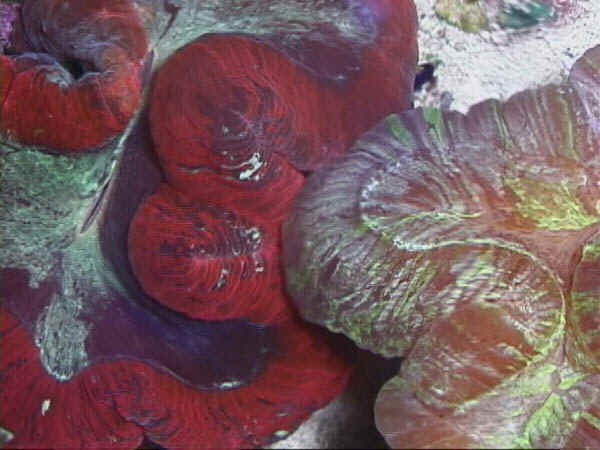I've been looking into the pH/Alk/CO2 relationship and have been toying with "target" tank stability numbers based on CO2 levels.
We can look at some Hawaiian data to get a feel for natural levels. (https://www.pmel.noaa.gov/co2/file/Hawaii+Carbon+Dioxide+Time-Series)
So something like pH of 8.25 NBS and pCO2 levels around 350 (year 1994)...which would put the Alk around 6.8dKH.
However, that got me thinking that the real issue with CO2, may just be the pH levels and availability of Carbonate and Bicarbonate. As pH drops, calcification becomes harder.
So is it better to run a tank at:
Case 1: Natural CO2 levels
pH : 8.25
ALK: 6.8
pCO2: 350 (natural CO2 levels)
Or
Case 2: Elevated CO2 levels
pH: 8.25
Alk: 9
pCO2 : 470 (elevated CO2 levels)
Or does it even matter as needed Alk/Ca is readily available in both situations?
We can look at some Hawaiian data to get a feel for natural levels. (https://www.pmel.noaa.gov/co2/file/Hawaii+Carbon+Dioxide+Time-Series)
So something like pH of 8.25 NBS and pCO2 levels around 350 (year 1994)...which would put the Alk around 6.8dKH.
However, that got me thinking that the real issue with CO2, may just be the pH levels and availability of Carbonate and Bicarbonate. As pH drops, calcification becomes harder.
So is it better to run a tank at:
Case 1: Natural CO2 levels
pH : 8.25
ALK: 6.8
pCO2: 350 (natural CO2 levels)
Or
Case 2: Elevated CO2 levels
pH: 8.25
Alk: 9
pCO2 : 470 (elevated CO2 levels)
Or does it even matter as needed Alk/Ca is readily available in both situations?




















